Save the Date: Rural Road Safety Awareness Week
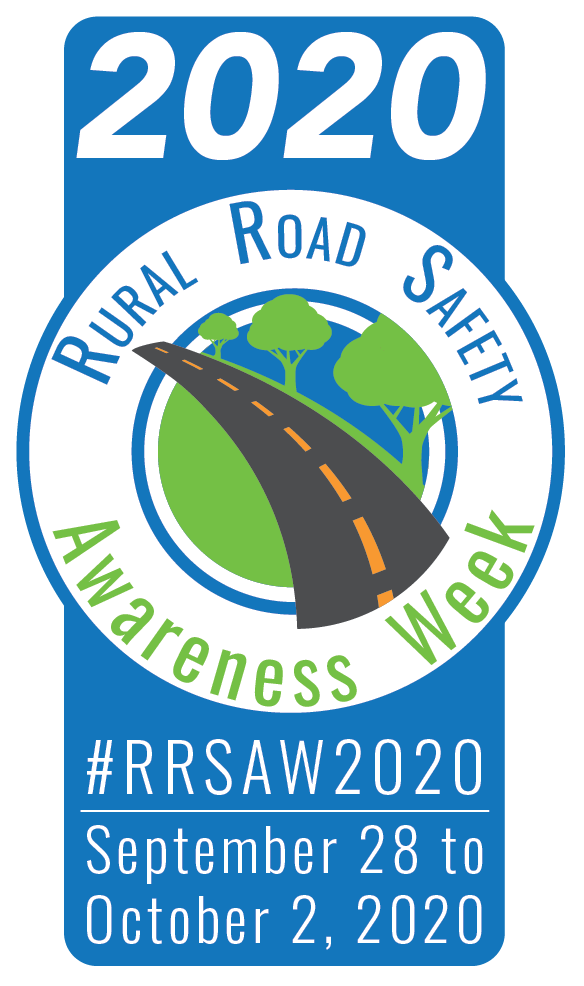
The National Center for Rural Road Safety is proud to announce the inaugural Rural Road Safety Awareness Week (RRSAW), which will take place the week of September 28th – October 2nd, 2020. The goal of RRSAW is to dedicate a week to promoting rural road safety to the public, community leaders, and potential partners by […]
NEW PROJECT: WTI to Conduct Transit Study for Humboldt County, CA
WTI recently launched a new project to conduct a transit study in Humboldt County, a coastal county in northern California. The goal is to provide the Humboldt County Association of Governments (HCAOG) and the Humboldt Transit Authority with a review of all current transportation services, and to investigate the potential for new service in the […]
WTI Co-hosts National Event on Rural Transportation Safety
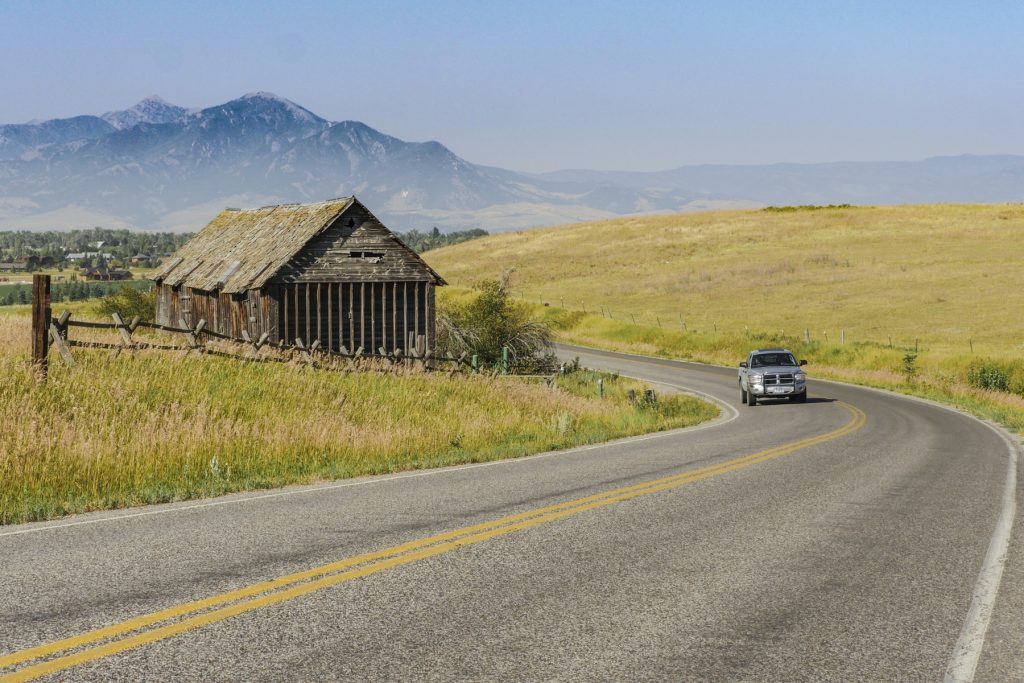
On Wednesday, August 12, the Western Transportation Institute (WTI), Montana State University (MSU), and the National Highway Traffic Safety Administration (NHTSA) co-hosted a national forum to raise awareness on “The Importance of Focusing on Transportation Safety in Rural America.” NHTSA officials had originally planned August field tours to western states and public lands to view […]
STUDENT NEWS: MSU ITE Student Chapter Honored at Annual Meeting
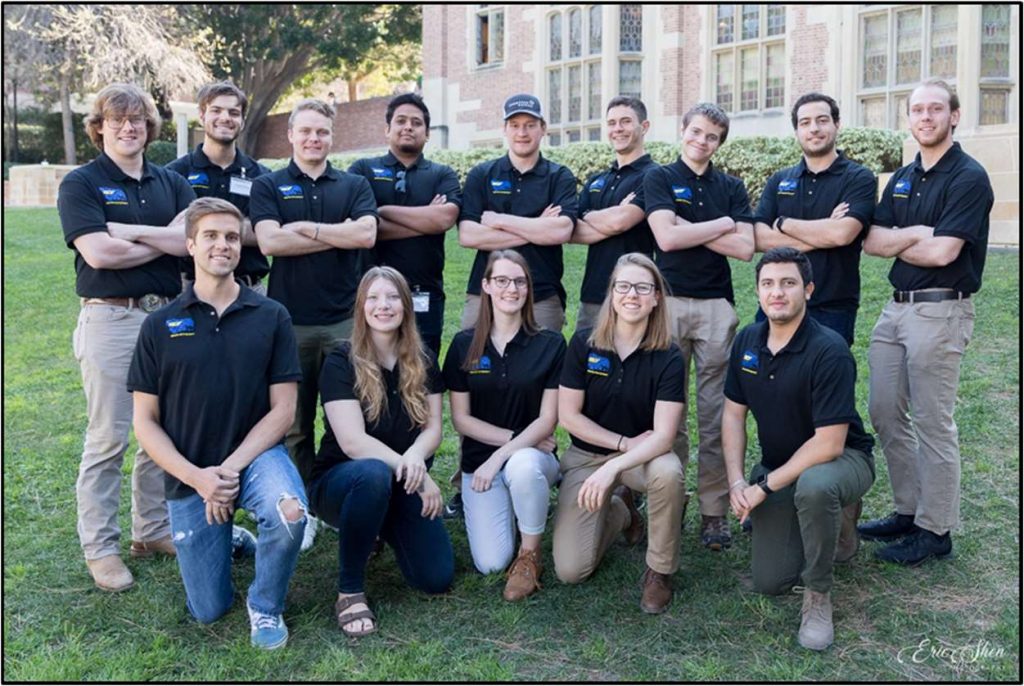
The Montana State University (MSU) Student Chapter of the Institute of Transportation Engineers (ITE) has worked hard in recent years to grow its membership and its professional opportunities for engineering students, and the effort has paid off! At the annual meeting of the Western and Mountain ITE Districts, the MSU Chapter was selected for the […]
Rural Road Safety Summit – Registration Now Open!
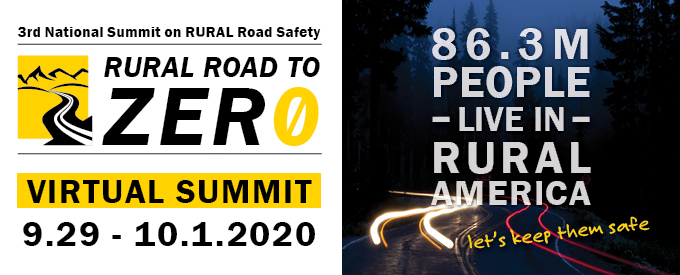
The National Center for Rural Road Safety is excited to announce that the Third National Summit on Rural Road Safety will take place September 29 – October 1, 2020. Registration is now open for this action-oriented event, which is designed to provide professionals with plans and strategies for meeting their region’s Rural Road to Zero […]
Student News: Meet our summer intern

2020 will always be remembered as the year we all worked remotely – even our summer interns! WTI is pleased to welcome Jonathan Fisher, who is working from his home in Vermont. While far from Montana, he is well situated to help Andrea Hamre with a Travel Behavior Analysis project, for which he is analyzing […]
Technology Transfer News: New Mexico DOT Funds Culvert Assessments from WTI Study
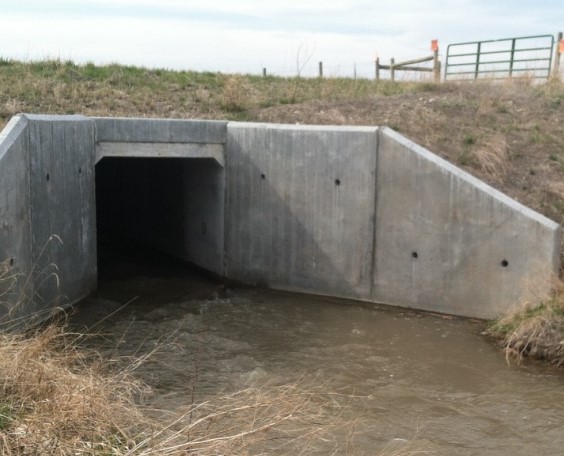
WTI research is being put into practice! The New Mexico Department of Transportation has approved a $500,000 project to develop and implement a culvert assessment management project. The project builds on the recommendations of a research study led by WTI to identify best practices for identifying, inspecting, and maintaining culverts and similar drainage structures. WTI […]
In the News: Washington Post Interviews WTI Road Ecologist on Reductions in Wildlife Vehicle Collisions

As the COVID-19 pandemic continues, the Washington Post is reporting on a wide range of impacts, including the effects on wildlife. In a recent feature, “Pandemic shutdowns saved thousands of animals from becoming roadkill, report suggests,” the Post highlights recent research that found large reductions in the number of large mammals involved in car crashes […]
